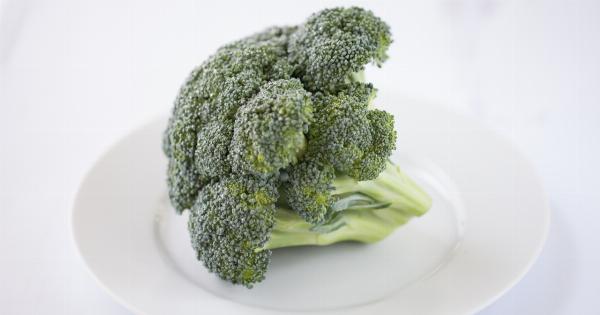With the rise of obesity and other health-related issues, many people are turning towards vegetarianism in an attempt to lead a healthier lifestyle.
However, the transition to a vegetarian diet can be difficult and overwhelming for those who are accustomed to consuming meat on a regular basis. Easing into vegetarianism is the key to make the transition smoother and more sustainable in the long run.
What is Obesity?
Obesity is a medical condition characterized by excess body weight due to the accumulation of fat.
This condition has become a global epidemic, with the World Health Organization stating that obesity rates have tripled since 1975, and that in 2016, more than 1.9 billion adults were overweight, of which over 650 million were obese.
The Link between Meat Consumption and Obesity
Meat consumption has been linked to obesity and other health-related issues.
According to a study published in the American Journal of Clinical Nutrition, a diet that consists of meat, dairy, and refined grains was found to be associated with higher levels of obesity. The study also revealed that a vegetarian diet consisting of fruits, vegetables, whole grains, and legumes was associated with lower levels of obesity.
Easing into Vegetarianism
For those who are considering a vegetarian diet, the transition can be challenging. Here are some tips to help ease into vegetarianism:.
Start Slowly
Start by incorporating more plant-based meals into your diet. Begin by having one meatless day per week and gradually increasing the number of days per week as you become more accustomed to the change.
This gradual transition allows your body to adapt to the new diet and makes it easier to stick with it in the long term.
Experiment with New Foods
There are a variety of vegetarian foods available that are both healthy and delicious. Experiment with new recipes and try new foods such as tofu, tempeh, beans, and lentils.
This will help you discover new favorite meals and prevent boredom with the new diet.
Get Creative with Seasonings and Spices
Spices and seasonings can add a new dimension to your meals, making them flavorful and exciting. Experiment with different herbs and spices to create a unique flavor profile that suits your taste.
Find Vegetarian Alternatives
There are many vegetarian alternatives available for meat-based products such as burgers, hot dogs, and sausages. These products are not only healthier but also taste similar to the real thing.
Incorporating these alternatives into your meals can make the transition to vegetarianism easier.
Benefits of a Vegetarian Diet
Adopting a vegetarian diet has many benefits, including:.
- Reducing the risk of chronic diseases such as heart disease, diabetes, and cancer.
- Improving digestion due to the consumption of high-fiber foods.
- Lowering cholesterol levels due to the absence of saturated and trans fats found in meat.
- Enhancing mental clarity and focus.
The Bottom Line
Transitioning to a vegetarian diet can be challenging, especially for those who are accustomed to consuming meat on a regular basis. However, easing into vegetarianism can make the transition smoother and more sustainable in the long term.
By gradually incorporating plant-based meals into your diet, experimenting with new foods, and finding vegetarian alternatives, you can reap the benefits of a vegetarian diet and combat obesity and other health-related issues.



























